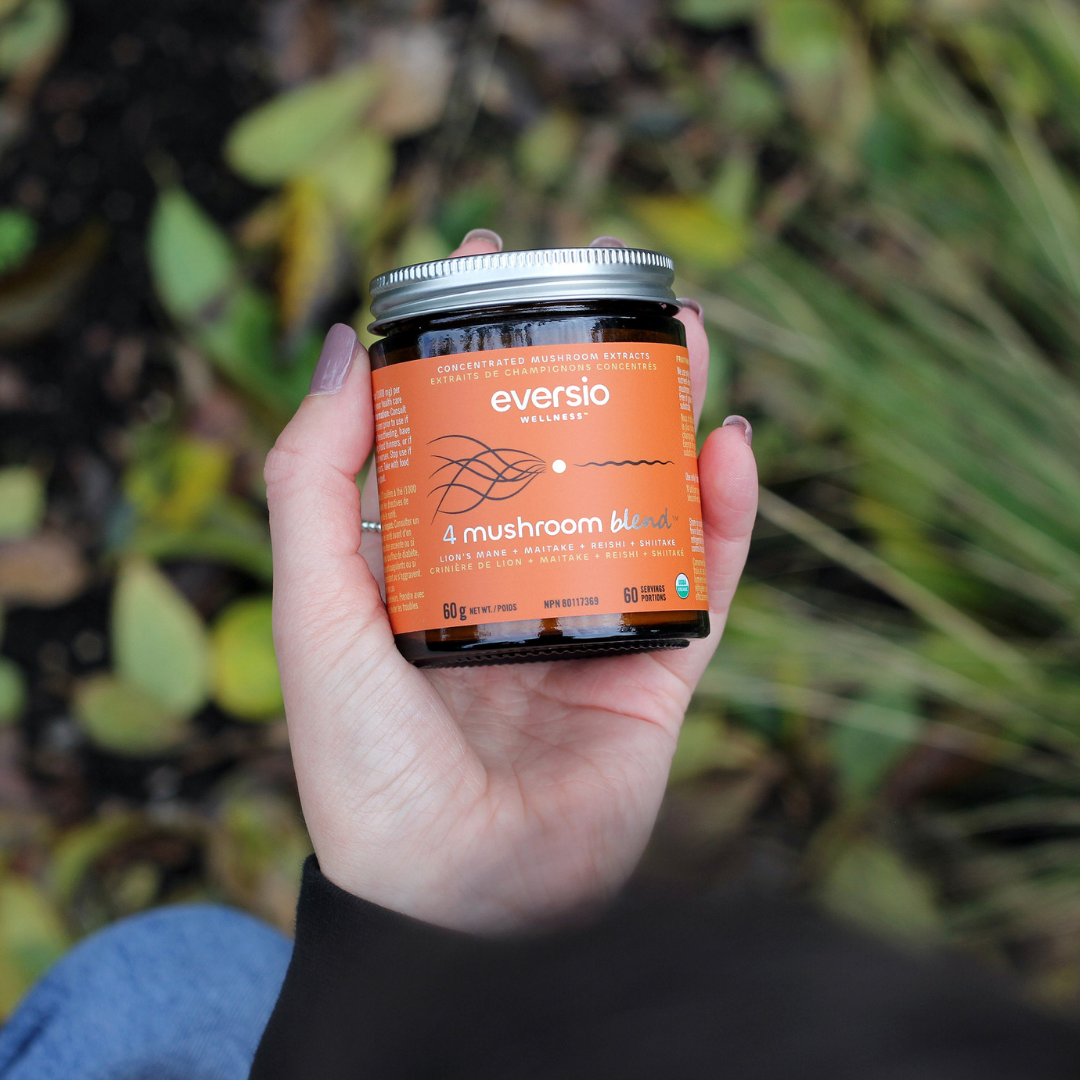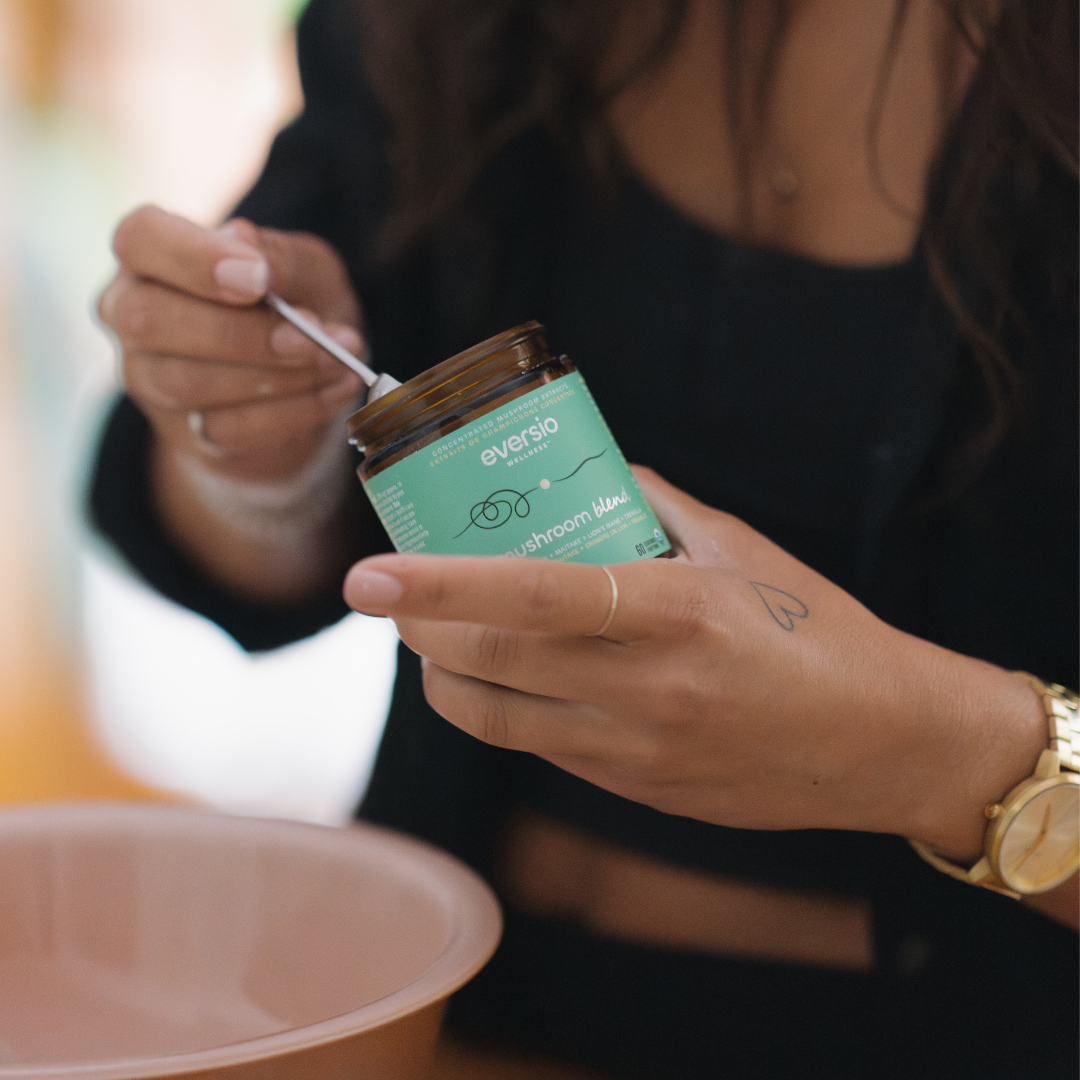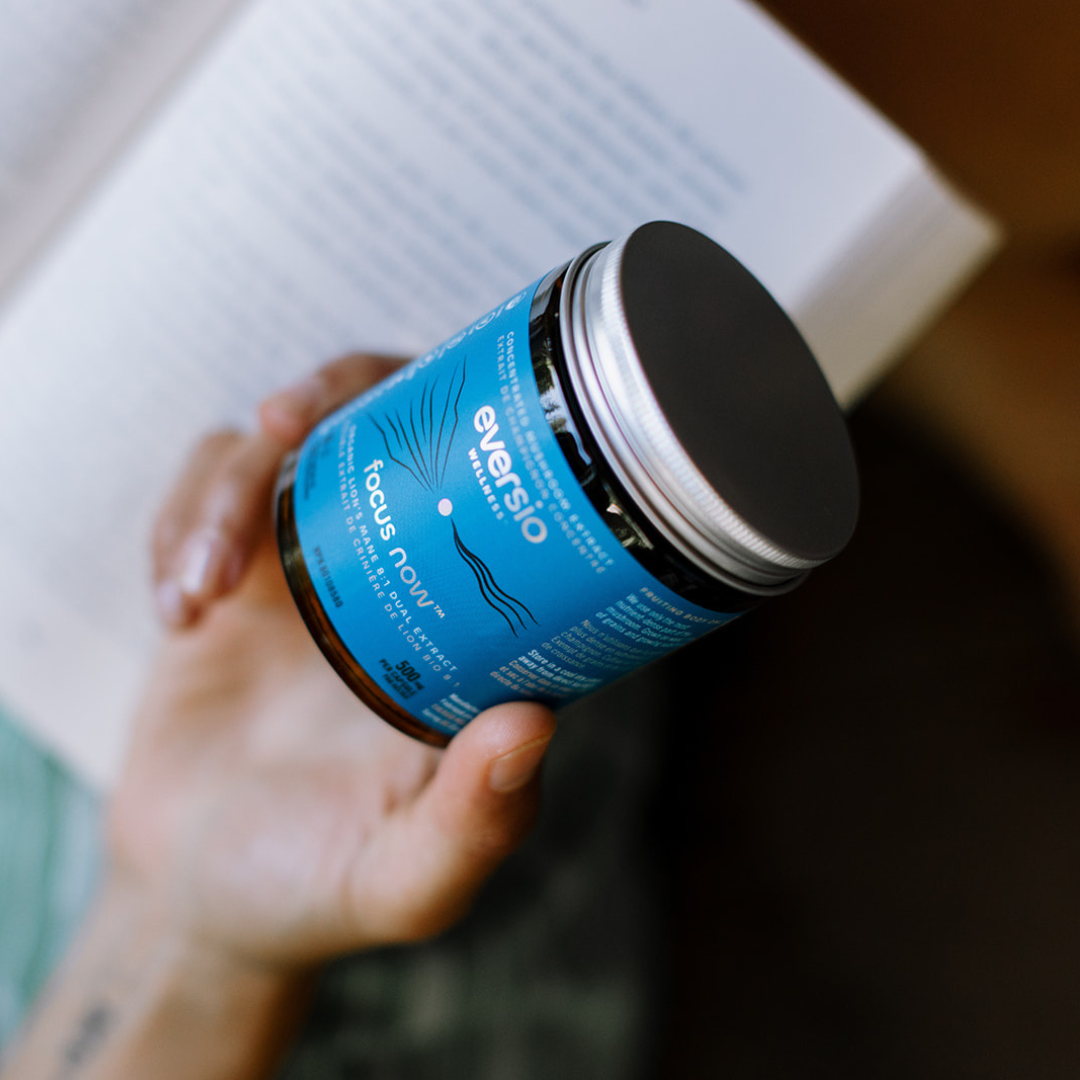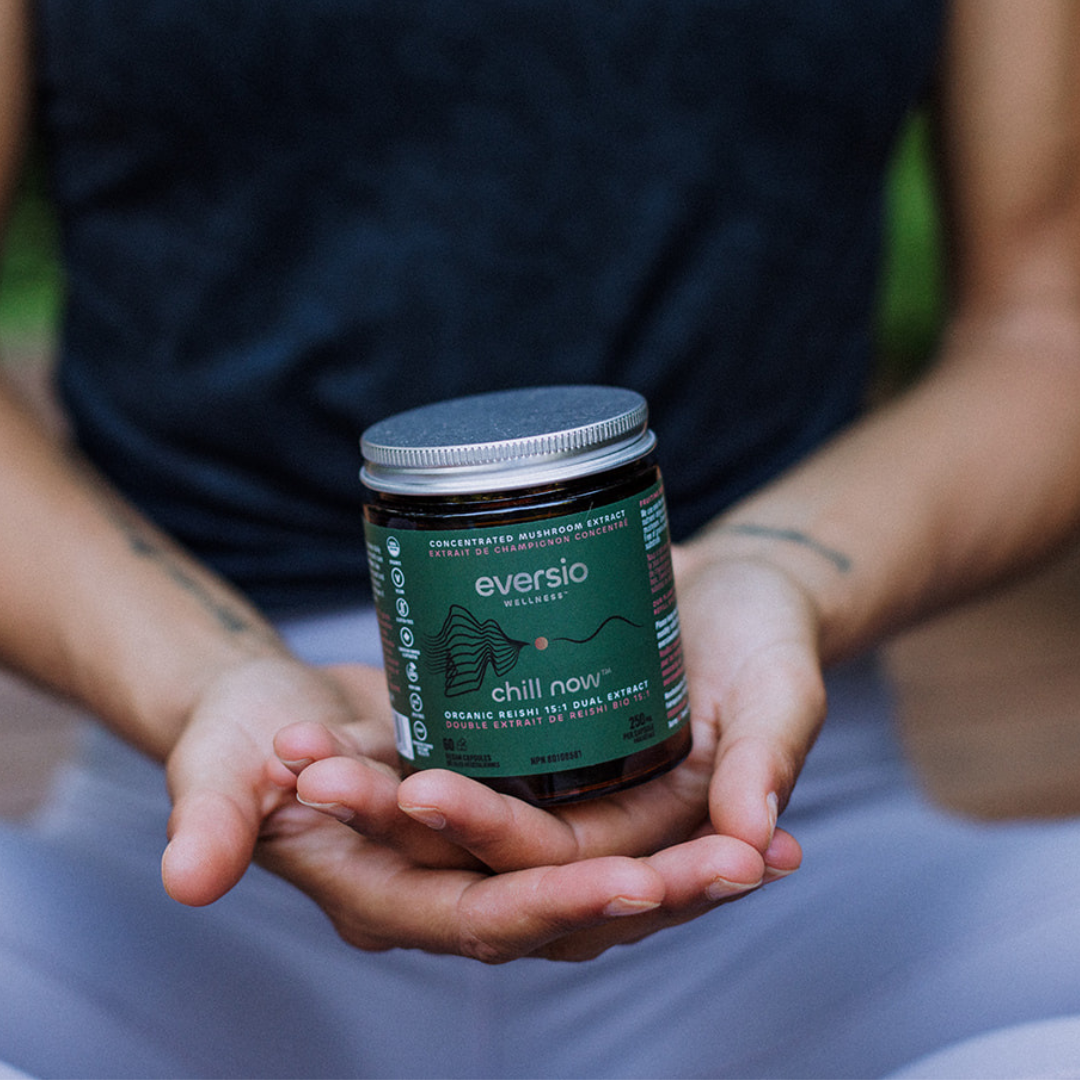The Four Pillars of Your Foundational Health Routine
Building a strong daily health regimen might sound like a huge task, but it doesn't have to be! You don't need to completely change your life overnight. Instead, let's focus on four key areas, or "pillars," that can help you build a super solid foundation for your well-being. It's all about making small, easy changes that add up to something truly powerful.
Pillar 1: The Morning Kickstart
How you start your day often sets the stage for everything that follows. Think of your morning routine as your chance to fill your own cup before the world starts asking for a sip!
First things first, hydrate your body. Before you do anything else, reach for a big glass of water. After hours of sleep, your body is often a little parched! This simple act instantly kick-starts your metabolism and rehydrates you, getting you ready for the day ahead. Experts generally suggest aiming for around 9 cups of water per day for women and 13 for men, so starting early really helps you hit that goal.
Next, try some gentle movement. Even before you get out of bed, a few easy stretches can make a world of difference. Try flexing your lower limbs, bending your knees, lifting your legs, or simply flexing and rotating your feet. Once you're sitting up, roll your shoulders and flex your wrists. This helps wake up your muscles and gets your blood flowing.
Then, give yourself the gift of mindfulness and meditation. Dedicate just 5 to 10 minutes to quiet reflection or a simple meditation. This could be a short pranayama (breathing exercise) or a guided meditation. It's a wonderful way to centre your mind, ease any stress, and set a positive intention for the day.
Finally, fuel your body with a balanced breakfast. This meal is so important for your energy and focus! Aim for a good mix of protein, healthy fats, and complex carbohydrates. Studies show that adults who eat a healthy breakfast tend to do better at work. It kick-starts your metabolism and can even help prevent overeating later on. Think along the lines of eggs, whole-grain toast, avocado, and a side of fruit – a true powerhouse start!
Pillar 2: Fueling Your Body with Mindful Nutrition
What you put into your body has a huge impact on your energy levels, your mood, and your overall long-term health. Making healthy eating habits and meal planning a part of your daily life is truly a game-changer for your daily health regimen.
A great place to start is meal planning. Taking a little time to plan your meals can save you time and money, and it helps ensure you're consistently making healthy choices. It also cuts down on those last-minute, less nutritious impulse eats!
The core of mindful nutrition is focusing on whole foods. Build your meals around foods that are as close to their natural state as possible. A healthy eating plan really zeroes in on lots of vegetables, fruits, whole grains, and options like fat-free or low-fat dairy. It also includes lean meats, poultry, fish, beans, eggs, and nuts. This approach naturally limits saturated and trans fats, sodium, and added sugars, and helps you manage portion sizes without even thinking about it.
When you're building your plate, aim for a balanced plate. A good rule of thumb is to fill about half your plate with vegetables, a quarter with lean protein, and the last quarter with whole grains. We should all try to eat at least 5 portions of different fruits and veggies every day, with one portion being about 80g.
While we're not about rigid calorie counting for everyone, being aware of calorie awareness can be helpful. Generally, men typically need around 2,500 calories a day, while women usually need about 2,000. If losing weight is a goal, reducing your daily intake by 500 to 750 calories can lead to a healthy loss of 1 to 1 ½ pounds per week.
Beyond your morning glass, keep up with consistent hydration throughout the day. Water is absolutely vital for every single bodily function! Aim for 6 to 8 glasses of fluid every day.
And finally, try to reduce sugar and processed foods. These tend to offer very little nutritional value and can lead to energy crashes and inflammation. Starchy carbohydrates should make up just over a third of the food you eat, but always opt for higher fibre or wholegrain varieties. Also, limit fruit juice, vegetable juice, or smoothies to no more than one 150ml glass a day. For even more great tips, you can always check out Canada's Food Guide.
Pillar 3: Weaving Consistent Movement into Your Day
Physical activity isn't just about weight loss; it's a powerful tool for boosting your mood, increasing your energy, and sparking overall vitality. It's an essential part of any daily health regimen.

The real secret here is consistency over intensity. The most important thing is to find activities you genuinely enjoy and then stick with them. Even short bursts of movement throughout your day really add up! For example, just 30 minutes of walking five times a week may help keep the blues at bay.
Don't forget to incorporate strength training into your routine at least twice a week. This helps you build muscle mass, which boosts your metabolism and supports strong bones. You don't even need a gym! Bodyweight exercises like squats, push-ups, and planks are incredibly effective.
For your heart health, make sure to add cardio. Activities like walking, jogging, cycling, or swimming are fantastic for your cardiovascular system. And here's a fun fact: one study found that people who strolled in urban green spaces felt calmer than those who walked in built-up areas, showing the added benefit of getting outdoors!
Even with a busy schedule, you can fit in exercise breaks. Don't let a packed day be an excuse! Taking short breaks throughout the day for movement can make a huge difference. Even something as simple as 10 air squats or push-ups, or simply standing up "twice" each time you get up from your desk (get up, sit down, then get up again!), can truly make an impact. Engaging in physical activity or relaxation exercises during your break seems to offer a more effective energy boost than just an unstructured break.
Pillar 4: Nurturing Your Mind and Prioritising Rest
Our mental and emotional well-being is just as vital as our physical health. Making time for rest and learning how to manage stress are absolutely non-negotiable parts of a balanced daily health regimen.
First up, quality sleep. Aim for a solid 7 to 9 hours of sleep each night. Sticking to a consistent sleep schedule helps regulate your body's natural clock (circadian rhythm), which can lead to a better mood, improved memory, and better long-term health. It's a good idea to power down electronic devices like your phone, computer, and TV before bed to avoid that disruptive blue light.
Consider a digital detox. Set a specific time each day to log off from screens and put your phone away. Reducing screen time frees up time for other activities and gives your mind a much-needed break from constant stimulation.
Don't underestimate the power of social connection. We humans are social creatures! Make time to connect with others, whether it's sharing a meal, having a good phone call, or even just running an errand with a friend. Social engagement is incredibly important for your emotional well-being.
For stress management, practices like mindfulness and meditation are wonderful tools. One study even found that just 8 weeks of regular meditation can actually change parts of your brain related to emotions, learning, and memory. It's so powerful! Create your own anxiety- or stress-reducing strategy. This could be simple deep breathing exercises or using a meditation app.
And finally, try gratitude journaling. Before you end your day, take a few moments to write down three things you're grateful for. This simple practice helps shift your focus to the positive, fostering a wonderful sense of contentment and peace as you drift off to sleep.
Beyond the Basics: Unique Practices to Improve Your Daily Health Regimen
Once you've mastered the four pillars, there's a whole world of simple yet powerful practices that can take your daily health regimen to the next level. These aren't complicated rituals—they're gentle additions that can make a surprising difference in how you feel each day.
Practices for Physical Vitality
There's something magical about starting your day with sun exposure. Just half an hour of natural sunlight daily does wonders for your body. It's our primary source of Vitamin D, which supports everything from bone health to immune function and mood regulation. Even on cloudy days, getting outside can help reset your circadian rhythm and boost your energy naturally.
Here's a practice that might sound unusual but feels incredible once you try it: tongue scraping. This ancient Ayurvedic technique involves gently scraping your tongue with 7-14 strokes each morning. It removes the toxins and bacteria that accumulate overnight, improving your oral hygiene, freshening your breath, and even enhancing your sense of taste. It's like giving your mouth a fresh start to the day.
Don't underestimate the power of a well-timed nap. Research shows that shorter and less frequent naps—lasting less than 30 minutes, no more than four times a week—were associated with the most cognitive benefit. A strategic afternoon rest can boost your alertness and productivity without interfering with your nighttime sleep.
Throughout your workday, those short breaks can be game-changers. Short breaks throughout the day to increase productivity by giving your mind a chance to reset. Stand up, stretch, or walk around for a few minutes every hour. Your body and brain will thank you.
For the brave souls ready to accept a bit of invigoration, cold water therapy can be surprisingly refreshing. Whether it's a cold shower or simply splashing cold water on your face in the morning, this practice can boost circulation, wake up your senses, and even improve your mood. Start small—you don't need to become an ice bath enthusiast overnight.
Practices for Mental Clarity
Your brain thrives on novelty and challenge. Learning new skills keeps your mind sharp and builds new neural pathways. Whether you're tackling a new language, picking up a musical instrument, or diving into a complex hobby, you're essentially giving your brain a workout that can help maintain cognitive health as you age.
Hobbies and creative outlets aren't just fun—they're essential for your overall health and mood. Whether it's gardening, painting, writing, or playing an instrument, these activities provide a sense of purpose and joy whilst acting as powerful stress relievers. They give you something to look forward to and a way to express yourself beyond work and daily responsibilities.
The practice of deep breathing exercises, or pranayama, goes beyond simple stress relief. These techniques can transform your mental state in just minutes. Try alternate nostril breathing to calm your nervous system, or cooling shitali breaths when you're feeling overheated. Even a short 5 to 10-minute session can significantly reduce stress and improve mental focus.
- Box Breathing: Inhale for 4 counts, hold for 4, exhale for 4, hold for 4. Repeat.
- Diaphragmatic Breathing: Place one hand on your chest and one on your belly. Inhale deeply, feeling your belly rise. Exhale slowly, feeling your belly fall.
- 4-7-8 Breathing: Inhale quietly through your nose for 4 counts, hold your breath for 7 counts, and exhale completely through your mouth with a whoosh sound for 8 counts.
These practices might seem small, but they're the secret ingredients that can transform your daily health regimen from good to extraordinary. The key is choosing one or two that resonate with you and integrating them gradually into your routine.
Supercharging Your Routine with Functional Mushrooms
Our USDA Organic Certified, whole fruiting body mushrooms are processed through dual extraction methods to ensure maximum bioavailability and potency. Functional mushrooms are adaptogens, meaning they help your body adapt to stress and maintain balance, and they are packed with unique compounds like beta-glucans renowned for immune support.
Scientific interest in these fungi is growing rapidly:
- A 2019 double-blind study found that Hericium erinaceus (Lion's Mane) significantly improved cognitive function in adults with mild memory complaints.
- A 2021 review reported that Ganoderma lucidum (Reishi) polysaccharides exhibit notable immunomodulatory effects, supporting healthy immune responses.
These supplements support normal, already-healthy bodily functions as part of a holistic lifestyle. They are not intended to diagnose, treat, cure, or prevent disease, nor to replace professional medical advice or treatment.
Key Single-Mushroom Extracts
- Lion's Mane Mushroom: Often called "the mushroom for the mind," Lion's Mane supports focus, memory, and nerve health. Explore more about What are Lion's Mane Mushrooms?
- Reishi Mushroom: Known as "the mushroom of immortality," Reishi is a powerful adaptogen that helps manage stress, promotes relaxation, and supports healthy sleep. Learn more about What are Reishi Mushrooms?
- Cordyceps Mushroom: Historically valued for energy and stamina, Cordyceps supports athletic performance, lung capacity, and healthy energy levels without the jitters. Find more about What are Cordyceps Mushrooms?
Curated Sets for Everyday Wellness

- The Starter Set: A perfect introduction to functional mushrooms.
- The Go-Getter Set: Designed for those ready to accept comprehensive wellness support.
How to Personalise Your Daily Health Regimen for Lasting Success
Think of your daily health regimen not as a strict rulebook, but as a friendly guide designed just for you! There’s no such thing as a "one-size-fits-all" approach when it comes to well-being. The most effective routine is the one that truly fits your unique life. When you personalise your regimen, it becomes something you want to stick with, making it sustainable, enjoyable, and genuinely helpful for your individual needs.
Step 1: Assess Your Unique Needs and Goals
Before you jump in, take a moment to reflect. What do you truly want to achieve, and what does your life look like right now? Understanding your individual lifestyle is key. Are you an early bird who loves a quiet morning, or more of a night owl with energy in the evenings? Does your work schedule mean long hours or do you have more flexibility? Your daily routine should work with your life, not make it harder.
Consider your personal preferences. If the thought of running makes you groan, don't force it! Find activities that genuinely bring you joy, whether that's dancing in your living room, hiking a local trail, or a calming yoga session. Pinpoint your specific health goals. Are you hoping for deeper sleep, a boost in energy, less stress, or sharper focus? Your aspirations will naturally shape the practices you choose to include. And finally, pay close attention to your natural energy levels and what typically acts as your stress triggers. By understanding these, you can build practices that truly replenish you and help keep stress at bay. A healthy lifestyle is deeply personal, and the best eating plans are always individualised.
Step 2: Start Small and Build Momentum
This is where many of us trip up – trying to change everything at once! The secret to lasting success is to start small and build up gradually. Instead of overhauling your entire life, pick just one habit at a time to focus on. Maybe it's simply committing to drinking a big glass of water first thing in the morning, or taking a leisurely 10-minute walk after dinner. Starting with just one or two small steps helps you avoid feeling overwhelmed and sets you up for success.
The real magic happens with consistency. It’s far better to do a little bit every day, even if it's imperfect, than to attempt massive changes sporadically. Small, steady efforts truly add up over time. A clever trick is habit stacking – linking a new habit to something you already do. For example, "After I brew my morning coffee, I will do 5 minutes of stretching." This makes new routines easier to remember and integrate into your day. Don't forget to track your progress, whether it's with a simple journal or a handy app. Seeing how far you've come can be incredibly motivating! And please, take time to celebrate small wins. Acknowledge your dedication and pat yourself on the back when you stick to your new habits. That positive reinforcement will fuel your journey forward.
Step 3: Listen to Your Body and Adjust Your Daily Health Regimen
Life is a flowing river, not a rigid pond, and your daily health regimen should be just as dynamic. Accept flexibility! There will absolutely be days when your routine goes sideways, and that’s perfectly okay. Don’t let one missed day derail your entire effort. Just gently get back on track the next day with a big dose of self-compassion.
Your needs also change with the seasons. You might crave outdoor runs in the summer but prefer cosy indoor workouts when winter rolls around. Adjust your routine to match the environment and your evolving preferences. And of course, life throws curveballs – a new job, a move, or a growing family will all require adapting to life changes. Be kind to yourself and willing to reshape your regimen to fit your new circumstances. While routine brings wonderful benefits, avoiding rigidity is crucial to prevent burnout. Allow for spontaneity, listen closely to your body’s signals, and give yourself permission to rest when you need it. If you're feeling unwell or unusually tired, that might be a day for extra rest, not an intense workout. It’s all part of the journey!
Frequently Asked Questions about Daily Health Regimens
What's the most important part of a daily health regimen?
It's a fantastic question, and while every piece of your daily health regimen is valuable, if we had to pick just one "most important" element, it would be consistency. Think of it like this: small, steady drops of water can eventually wear down a stone, right? The same goes for your health. Doing a little bit every single day, even when it feels small, builds up to huge, long-term benefits. It's far more effective than trying to do everything perfectly just once in a while. So, keep showing up for yourself, even on those less-than-perfect days!
How long does it take for a new health routine to feel like a habit?
Ah, the million-dollar question! It's true, creating a new habit takes time, and it's different for everyone. Research suggests it can take anywhere from 18 days to over 250 days for a new behaviour to truly become automatic. That's a pretty wide range, isn't it? The key takeaway here is patience and persistence. Don't get discouraged if it doesn't click overnight. Just keep showing up, even imperfectly. Each time you practise your new routine, you're strengthening that habit pathway in your brain.
What should I do if I miss a day or fall off track with my routine?
This is where self-compassion comes in! First and foremost, don't panic and definitely don't give up! Life happens, and it's completely normal to miss a day or even a few. One missed day doesn't erase all the amazing progress you've made. The most important thing is how quickly you get back on track. Simply acknowledge that you missed it, let go of any guilt, and then jump right back into your daily health regimen the very next day. Resilience and a kind attitude towards yourself are your best allies for long-term success.
Conclusion
So, you've taken the first step on an incredible path! Crafting your ideal daily health regimen isn't about achieving overnight perfection; it's a beautiful, ongoing journey of self-findy and growth. It's about empowering yourself to take control, one consistent, mindful choice at a time.
Remember those four foundational pillars we talked about \u2013 nutrition, movement, mind, and sleep? They're your building blocks. By embracing these areas and taking the time to truly personalise your approach, you're not just forming new habits; you're actively building a more vibrant, resilient, and joyful you. Every small, positive decision you make today genuinely contributes to a healthier, happier tomorrow.
And as you start on this wonderful wellness journey, we at Eversio Wellness are here to walk alongside you. We believe in supporting your body's natural wisdom, and that's why our high-potency, organic mushroom extracts are designed to complement your pursuit of holistic well-being.
Please remember, while functional mushroom supplements are fantastic for supporting normal, already-healthy bodily functions as part of a holistic lifestyle, they are not intended to diagnose, treat, cure, or prevent disease, nor to replace professional medical advice or treatment. For true holistic wellness, always pair supplements with a balanced diet, regular exercise, quality sleep, effective stress management, and, when needed, consultation with healthcare professionals.
Ready to explore nature's secret to better health? Find how mushroom capsules can be nature's secret to better health and see how they can be a wonderful addition to your personal wellness path.




















Leave a comment
This site is protected by hCaptcha and the hCaptcha Privacy Policy and Terms of Service apply.